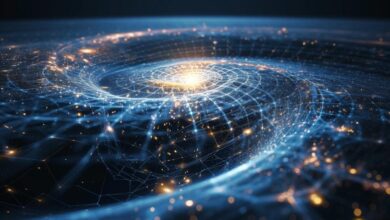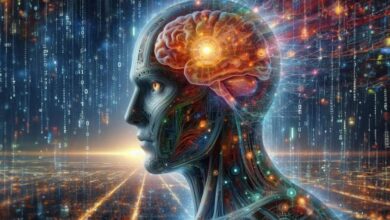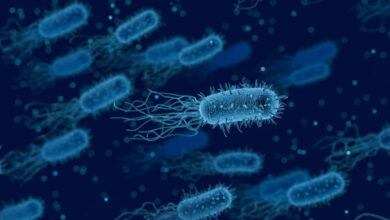When Does Human Life Truly Begin? Harvard Scientists Explore a New Perspective

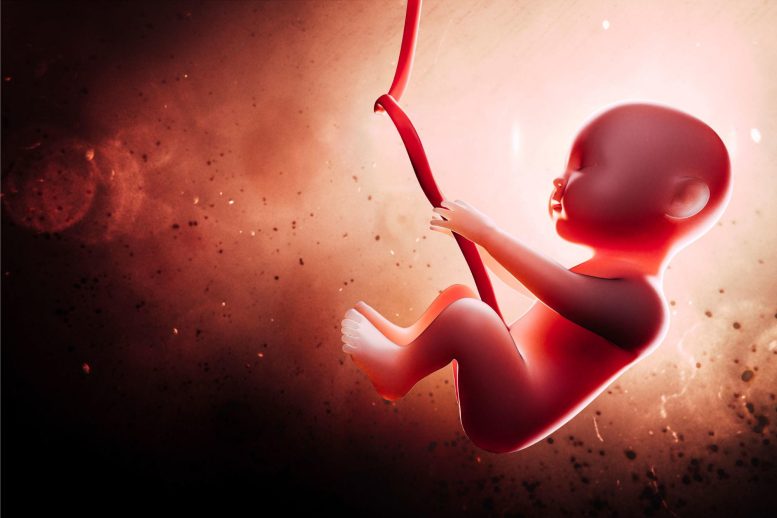
Debates about the beginning of human life have deep philosophical roots, but until recently, they were constrained by the limitations of available technology.
According to birth certificates, a child’s life officially begins at birth, when they emerge from the mother’s womb. However, in a new review published in the journal Aging, researchers Polina A. Loseva and Vadim N. Gladyshev from Harvard Medical School pose the controversial question: when does their organismal life begin? Science holds a palette of answers—depending on how one defines a human life.
In 1984, a commission on the regulatory framework for human embryo experimentation opted not to answer this question, instead setting a boundary, 14 days post-fertilization, beyond which any experiments were forbidden.
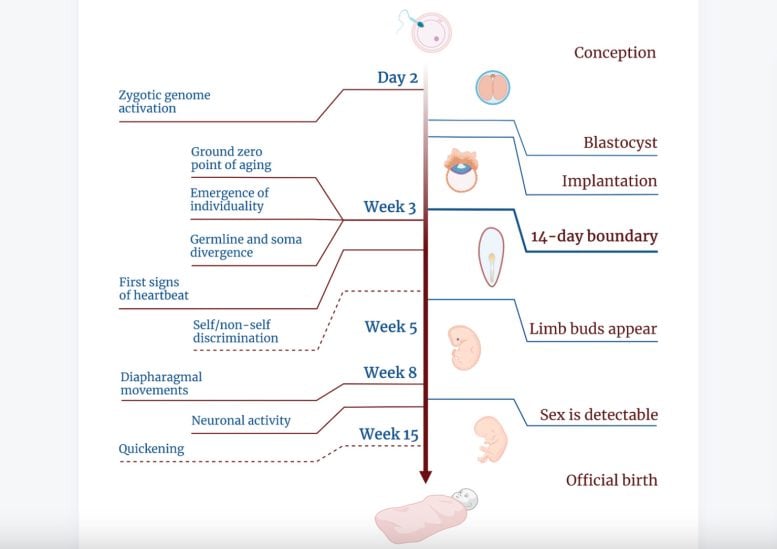
Recently, as the reproductive technologies developed and the demand for experimentation grew stronger, this boundary may be set aside leaving the ultimate decision to local oversight committees.
Advances in Embryogenesis Understanding
While science has not come closer to setting a zero point for human life, there has been significant progress in our understanding of early mammalian embryogenesis. It has become clear that the 14-day stage does in fact possess features, which make it a foundational time point for a developing human. Importantly, this stage defines the separation of soma from the germline and marks the boundary between rejuvenation and aging.
“We explore how different levels of life organization emerge during human development and suggest a new meaning for the 14-day stage in organismal life that is grounded in recent mechanistic advances and insights from aging studies.”
Reference: “The beginning of becoming a human” by Polina A. Loseva and Vadim N. Gladyshev, 6 May 2024, Aging.
DOI: 10.18632/aging.205824
Source link
